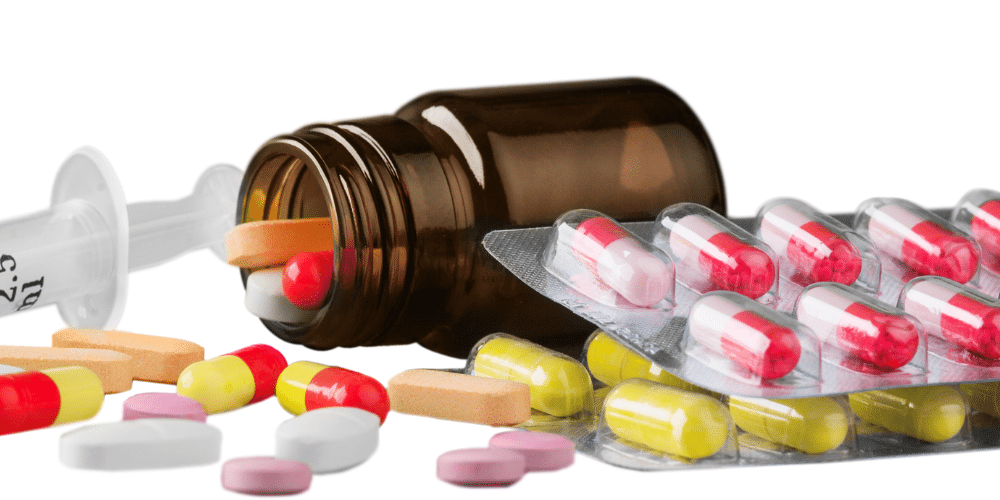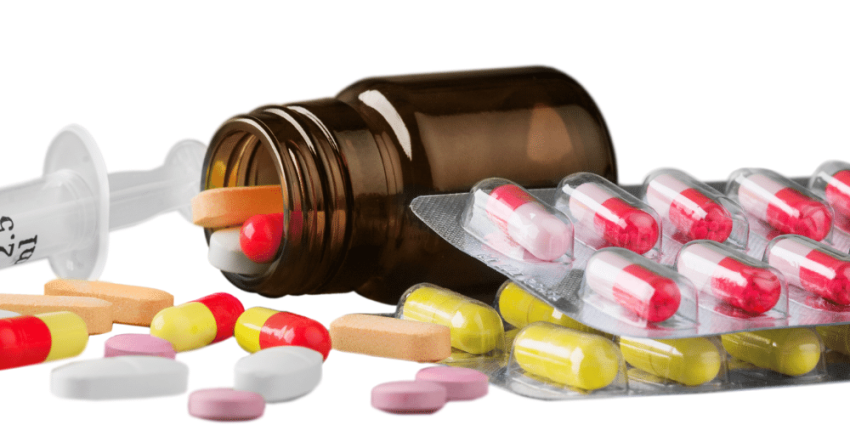Is addiction a mental health issue?Addiction is a serious problem that can have a profound effect on an individual’s mental health. It is important to understand that addiction is a complex disorder that is characterized by compulsive drug-seeking behavior and use, despite the harmful consequences. Many people with addiction also suffer from other mental health disorders, such as depression, anxiety, or trauma. This can make it difficult to manage both conditions at the same time. In some cases, treating one disorder can help to improve the other.
It’s complicated
Addiction is a complicated issue because it involves both physical and mental health components. On the one hand, addiction is a chronic disease that affects the brain’s reward system, making it difficult for someone to quit using drugs or alcohol even when they want to. On the other hand, addiction also often co-occurs with other mental health disorders, which can make treatment more complicated.
It’s important to understand both the physical and mental health aspects of addiction in order to effectively treat it. Addiction treatment typically includes some combination of detoxification, counseling, and medication. Detoxification helps the body physically break down and rid itself of the substances that have been abused. Counseling can help address the underlying psychological issues that may be contributing to the addiction. And medication can help manage withdrawal symptoms and cravings.
Depending on the severity of someone’s addiction, they may need to receive treatment at an inpatient or outpatient facility. Inpatient facilities provide around-the-clock care and supervision, which can be helpful for people who are struggling with severe addictions. Outpatient facilities allow people to live at home while still receiving treatment during the day. There are many different types of treatment programs available, so it’s important to find one that meets the specific needs of the individual.

The difference between mental health and addiction
There is a big difference between mental health and addiction. Mental health includes our emotional, psychological, and social well-being. It affects how we think, feel, and act. It also helps determine how we handle stress, relate to others, and make choices. Addiction, on the other hand, is a dependence on a substance or activity that’s damaging to our physical and mental health.
Addiction is often caused by underlying mental health issues such as anxiety, depression, or trauma. But it can also be the result of genetic factors or simply due to bad habits. Regardless of the cause, addiction is a serious problem that can have devastating consequences if left untreated.
The good news is that addiction is treatable. With the right help, people can overcome their addictions and go on to lead happy and healthy lives.
How to know if you or a loved one is struggling with addiction
If you or a loved one is struggling with addiction, there are some signs and symptoms that you can look out for. These include:
– Changes in mood or behavior, such as increased irritability, anger, or depression
– Loss of interest in activities that were once enjoyed
– withdrawing from friends and family
– financial problems due to spending money on drugs or alcohol
– legal problems stemming from drug use or intoxicated behavior
If you notice any of these signs in yourself or a loved one, it’s important to seek help from a professional who can provide guidance on treatment options. Addiction is a serious mental health issue that should not be ignored.
Where to get help for addiction
There are many places to get help for addiction. Some people may need inpatient treatment, while others may only need outpatient treatment. There are also many support groups and 12-step programs available to help people overcome their addiction.
Addiction is a serious problem that should not be taken lightly. If you or someone you know is struggling with addiction, there are many resources available to help. Here are some of the best places to get help for addiction:
1) Inpatient Treatment Centers: These facilities provide 24-hour care and supervision for people who are struggling with addiction. Inpatient treatment centers can be very effective in helping people overcome their addiction and get their life back on track.
2) Outpatient Treatment Centers: Outpatient treatment centers provide some level of care and supervision, but allow patients to live at home while they receive treatment. This can be a good option for people who have a strong support system at home and who don’t need around-the-clock care.
3) Support Groups: There are many different types of support groups available to help people overcome their addiction. Alcoholics Anonymous and Narcotics Anonymous are two of the most well-known support groups, but there are many others available as well. Support groups can provide much-needed emotional support and encouragement during the recovery process.
4) 12-Step Programs: 12-step programs like Alcoholics Anonymous follow a specific set of steps that participants must work through in order to recover from addiction. These programs can be very effective in helping people overcome their addiction and build a sober lifestyle.
5) Counseling: Counseling can be very helpful for people who are struggling with addiction. A counselor can help identify any underlying issues that may be contributing to the addiction and develop a plan to address those issues. Counseling can also provide much-needed support and encouragement during the recovery process.
Addiction as a mental health issue
Addiction is a mental health issue because it is a chronic, relapsing brain disease that causes compulsive drug seeking and use, despite negative consequences. People with addiction often cannot control their drug use and may continue using drugs even when it leads to problems with family, friends, work, or their health.
Most people with addiction start using drugs or alcohol in their teenage years or early twenties. Addiction is more common in some families and among people who have other mental health disorders. Many people with addiction also have a co-occurring mental health disorder such as depression, anxiety, or PTSD.
Treatment for addiction typically includes counseling, medication, and support groups. People with addiction often need long-term treatment to achieve lasting recovery.
The different types of addiction
Different types of addiction can include, but are not limited to, drug addiction, alcohol addiction, gambling addiction, and sex addiction. Each type of addiction has different characteristics and can have different effects on a person’s life. For example, drug addiction can lead to physical dependence and withdrawal symptoms, while gambling addiction can lead to financial ruin.
Addiction is a complex issue and there is no one-size-fits-all solution. Treatment for addiction should be tailored to the individual and their unique needs. If you or someone you know is struggling with an addiction, please reach out for help.
The causes of addiction
There are many factors that can contribute to addiction. Often, it is a combination of genetic, psychological, and environmental factors that lead to addiction.
Genetics: Some people are more prone to addiction than others due to their genes. This doesn’t mean that they are predestined to become addicts, but it does make them more vulnerable.
Psychological factors: Addiction can be triggered by stress, trauma, or other mental health issues. If someone is struggling with mental health problems, they may turn to substances as a way to cope.
Environmental factors: People who grow up in an environment where drug use is common are more likely to develop an addiction. This could be due to peer pressure or simply being exposed to drugs at an early age.

The effects of addiction
The effects of addiction are far-reaching. Not only does it affect the person suffering from the addiction, but it also affects their loved ones, their friends, and society as a whole.
Addiction can lead to physical and mental health problems, financial ruin, job loss, and relationship problems. It can cause legal issues and social isolation. It takes a toll on your mental and emotional well-being.
If you or someone you know is struggling with addiction, it’s important to get help. There are many resources available to assist you in overcoming this disease. With treatment, support, and commitment, recovery is possible.
Treatment for addiction
Treatment for addiction can be difficult, but it is possible. There are many different types of treatment available, and the best approach depends on the individual’s unique situation.
Treatment typically includes some combination of medication, therapy, and support groups. Medication can be used to manage withdrawal symptoms and cravings. Therapy can help people identify and address the underlying causes of their addiction. Support groups provide peer support and accountability.
The most important thing in treatment is that the person is willing to change. Without that willingness, treatment is unlikely to be successful.
Conclusion
Addiction is a mental health issue that should not be taken lightly. It can have a profound effect on an individual’s life, as well as the lives of those around them. If you or someone you know is struggling with addiction, please seek professional help. There are many resources available to those who need it, and recovery is possible.










Leave a Reply